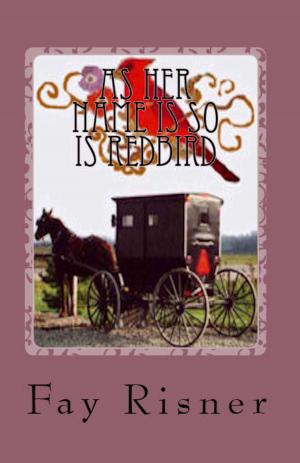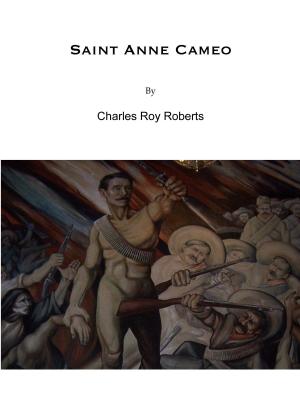Incident in a Duckyard
Fiction & Literature, Drama, British & Irish, Nonfiction, Entertainment, Cultural Heritage| Author: | H.D. Greaves | ISBN: | 9781301227853 |
| Publisher: | H.D. Greaves | Publication: | May 15, 2013 |
| Imprint: | Smashwords Edition | Language: | English |
| Author: | H.D. Greaves |
| ISBN: | 9781301227853 |
| Publisher: | H.D. Greaves |
| Publication: | May 15, 2013 |
| Imprint: | Smashwords Edition |
| Language: | English |
This brief Radio Play is adapted from Hans Christian Andersen’s story In the Duckyard. We are so used to thinking of Hans Andersen as a sweet-tempered children’s storyteller (a point of view perpetrated by Victorian adaptations and sentimental movies), we forget that he wrote many of his stories primarily for Danish adults, and that his folk and fairy tales have a darker side and involve moral and ethical issues. Indeed, the primary focus of any folk or fairy tale is to make us aware of how inappropriate behaviour has consequences we may not wish to deal with and therefore should avoid.
Andersen’s stories are rife with satire and sometimes his dark humour is not for bedtime reading. As an excellent example, one of my favourite episodes in The Ugly Duckling is always omitted from translations into English, I suspect because of its bleak humour. The Duckling finds himself in the home of the Old Woman, the Hen and the Cat. The Hen tells the Duckling that she lays eggs, the Cat gives off sparks and purrs, and the Old Woman knits, all apparently useful things to do. She then asks the Duckling what he can do and the Duckling humbly replies that he can swim. The Hen then tells the duckling that, “the Cat tried that once when he was a kitten and the hardest part was getting out of the bag!”
In this Duckyard story, using poultry to illustrate how easily bigotry, racism, hypocrisy, stupidity, and apathy can escalate into violence and destroy an innocent (and gifted) creature, Andersen makes us aware of the darker side of our humanity.
As with the Cat in The Ugly Duckling, we have constantly to strive to get out of the bag of cruelty and seek the fresh air of kindness and compassion for all our fellow creatures on this diverse planet. After all, this Earth is our ‘duckyard’ and it is up to each of us to make it a better place.
This brief Radio Play is adapted from Hans Christian Andersen’s story In the Duckyard. We are so used to thinking of Hans Andersen as a sweet-tempered children’s storyteller (a point of view perpetrated by Victorian adaptations and sentimental movies), we forget that he wrote many of his stories primarily for Danish adults, and that his folk and fairy tales have a darker side and involve moral and ethical issues. Indeed, the primary focus of any folk or fairy tale is to make us aware of how inappropriate behaviour has consequences we may not wish to deal with and therefore should avoid.
Andersen’s stories are rife with satire and sometimes his dark humour is not for bedtime reading. As an excellent example, one of my favourite episodes in The Ugly Duckling is always omitted from translations into English, I suspect because of its bleak humour. The Duckling finds himself in the home of the Old Woman, the Hen and the Cat. The Hen tells the Duckling that she lays eggs, the Cat gives off sparks and purrs, and the Old Woman knits, all apparently useful things to do. She then asks the Duckling what he can do and the Duckling humbly replies that he can swim. The Hen then tells the duckling that, “the Cat tried that once when he was a kitten and the hardest part was getting out of the bag!”
In this Duckyard story, using poultry to illustrate how easily bigotry, racism, hypocrisy, stupidity, and apathy can escalate into violence and destroy an innocent (and gifted) creature, Andersen makes us aware of the darker side of our humanity.
As with the Cat in The Ugly Duckling, we have constantly to strive to get out of the bag of cruelty and seek the fresh air of kindness and compassion for all our fellow creatures on this diverse planet. After all, this Earth is our ‘duckyard’ and it is up to each of us to make it a better place.















